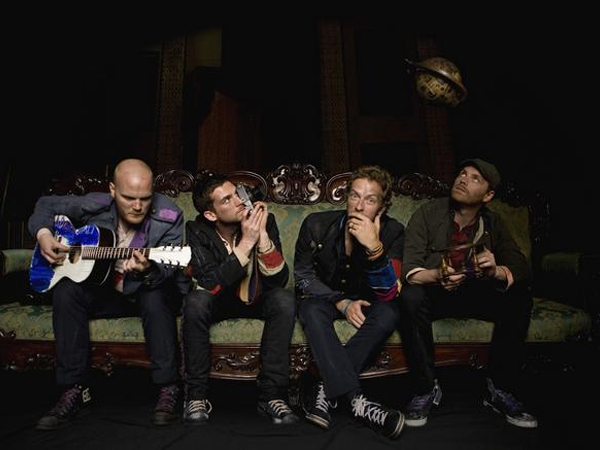Satriani vs Coldplay: what do lawyers say?
What could happen if case went to court?

Joe Satriani's suing of Coldplay has become one of the hot topics of late 2008. And it doesn't look like it's going away soon.
The latest addition to the online debate is a fine article on the Idolator website where their 'Idolawyer' (clever, yes?) muses on how the case might pan out in court.
You'll have to put aside any prejudice of whose music is 'better' to appreciate this case, but the potential scenarios are interesting.
Idolator's lawyer writes:
"Assuming that Joe and his publisher legitimately own the copyright to If I Could Fly, assuming the song meets the minimal criteria for originality (a given), and further assuming that he has no direct evidence of infringement, the court will apply the following two-step inquiry:
1. Whether the defendant had access to the plaintiff's song prior to creation of Viva La Vida.
2. Whether the work of the alleged infringer is substantially similar to If I Could Fly."
Given that Satriani's Is There Love In Space? album was released worldwide by Sony Music, Satriani's team should have no problem on point 1. As for point 2, a court case could result in an audience test, where a jury will decide if the songs are "substantially similar".
A court case could result in an audience test, where a jury will decide if the songs are "substantially similar"
Idolator's lawyer continues:
"The audience test is comparable to the "reasonable person" test in tort law - it relies on the spontaneous and visceral reaction of the typical audience for the works at issue. If the audience detects similarity without suggestion, then the works are likely substantially similar.
Want all the hottest music and gear news, reviews, deals, features and more, direct to your inbox? Sign up here.

"The audience test has been criticized, and the various circuits have unique formulations of the test. Courts also often allow consideration of expert testimony such as analysis by musical experts. The substantial similarity analysis often includes a value judgment, which is a determination of whether the value of the original work is harmed or the labors of the original author are appropriate by the infringer."
And then, the court will have to identify an "intended audience".
Now, will those be people who know something about music theory? Or people who, in fact, know nothing about theory or even Joe Satriani or Coldplay? (Which could be hard, given the latter's fame.)
"This is really about publishers"
MusicRadar spoke with renowned business attorney Ronald S Bienstock, who has represented Joe Satriani in the past on other matters.
Bienstock says, "Americans are absolutely fascinated on the concept of copyright infringement. I take calls every day from people claiming that major stars have stolen their songs.
"This is really about publishers, not so much about Joe Satriani and Chris Martin having a day in court where they can wag their fingers at each other" Music attorney Ronald S Bienstock
"This is really about publishers, not so much about Joe Satriani and Chris Martin having a day in court where they can wag their fingers at each other. It doesn't work that way.
"In Federal Court, only three percent of cases go to trial. After you have filed your complaint, filed your answer, filed your various motions, conducted discovery, two to three years have gone by. At which point, lawyers begin to talk to each other about how to settle the case.
"Were this to go to trial, it would be a very expensive and time-consuming process. Experts, such as musicologists, would have to be brought in to compare the two pieces of music. That part alone could drag on for weeks."
Overlap between audiences
"As far as intended audience, both acts are in the pop music field, and they could very well have the same fans and get played on the same radio stations. I'm not saying they are exactly the same, but we're not talking about a metal band vs a polka group. There is some overlap. It might be small, but it's there.
"I would say it's unlikely this will go to trial. I believe Coldplay will settle" Ronald S Bienstock
"I would say it's unlikely this will go to trial. I believe Coldplay will settle. Joe's attorney for the publisher will say we want to have a percentage of the song going forward and the back royalties, and Coldplay's attorney will negotiate a figure.
"Unless, of course, everybody digs their heels in, and then it could drag on. I don't see that happening, however. This might take one or two years, but it'll get resolved."
Two years?! And you thought it was getting complicated already...